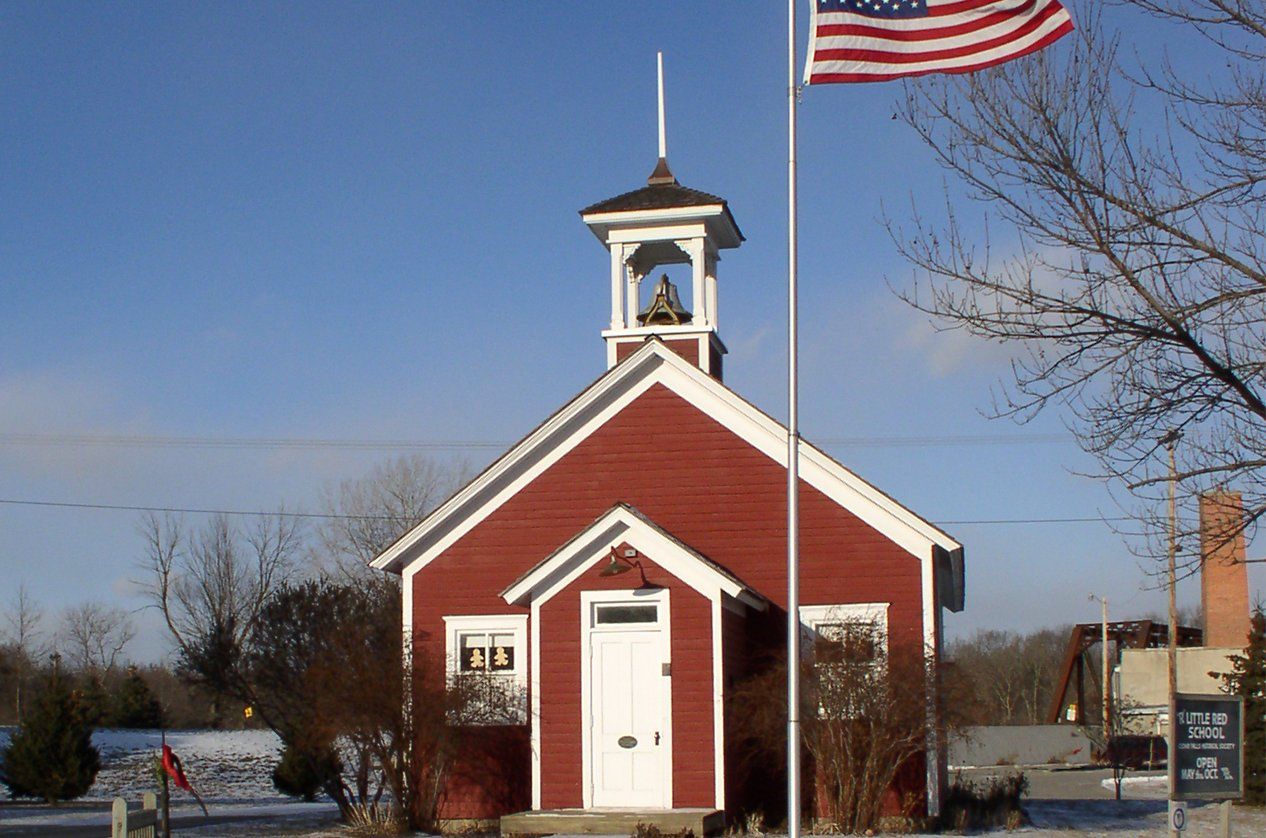 Jan 25th, 2022
Jan 25th, 2022HERO Act Safety Plans in Effect Until Mid-February at Least; Proposed Regulations on HERO Act Safety Committees Could Change How Your Company Operates in the Future
The New York State Department of Labor (NYSDOL) recently proposed regulations governing, in part, private sector employers’ obligations under the New York Health and Essential Rights Act (NY Hero Act). As you may recall, this law was enacted on May 5, 2021. Broadly speaking, the law introduced two new employer requirements:
- All employers in the private sector must adopt model standards for the prevention of airborne infectious disease exposure, including detailed workplace safety plans to be implemented when the New York State Department of Health (NYSDOH) declares that there is a highly contagious communicable disease that presents a serious risk of harm to the public health.
- Covered employers must establish joint management-employee safety committees. The committees are intended to facilitate the identification, discussion and remediation of health and safety issues at work.
While the NYSDOH did not initially designate COVID-19 as a public health risk triggering the required implementation of workplace safety plans, the advent of the Delta variant resulted in that designation, beginning in September 2021. Since then, the NYSDOH periodically reviews the public health threat and extends its designation, and by extension employers’ obligations to continue to implement their workplace safety plans. The latest such extension was from January 15, 2022, to February 15, 2022.
The NYSDOL proposed regulations (published on December 22, 2021), on the other hand, relate to the HERO Act’s joint management-employee safety committee requirements. Specifically, the HERO Act requires employers with 10 or more employees to permit employees to establish and administer a workplace safety committee. The proposed rules provide some clarification regarding how these committees will be formed and operate. The proposed regulations are still in the notice and comment period, with a public hearing scheduled for February 9, 2022. That said, private sector employers in New York would be wise to familiarize themselves with how these obligations will likely work once fully adopted, for example:
- As noted above, safety committee requirement applies to employers with 10 or more workers. The proposed regulations would base that employee count on total number of employees (including part-time, newly hired, temporary, seasonal, or jointly employed workers) that an employer employs in New York.
- Safety committees can be established by a written request from two front-line (i.e., not supervisory) employees. Employers are then required to respond to the request with “reasonable promptness” and provide notice to all employees at the worksite of such recognition. All subsequent requests for committee formation must be denied and referred to the existing committee.
- For unionized employers, the bargaining agent may select the employee members for the committee. In worksites where a collective bargaining agreement is not in effect, the proposed rule permits employees to select the members of the committee and prohibits employer involvement in such process.
- A committee must be comprised of not less than two front-line employees and not less than one representative of the employer (note that at least two-thirds of all committee members must be front-line employees). The maximum number of committee members is the lesser of twelve members or one-third of the total number of employees at the worksite.
- Committees must be co-chaired by a front-line employee and an employer representative.
- Committees are permitted to establish operating rules and procedures, consistent with applicable law.
- The proposed regulations also set forth rules for the training of committee members and the scheduling of meetings, some of which must be permitted without loss of pay.
- Under the proposed rules, employers would be obligated to respond, in writing, to each safety and health concern, hazard, etc. raised by the committee or one of its members within a reasonable time.
Again, these are proposed regulations and there is no need for employers to take any immediate action to comply with these requirements. Nevertheless, private sector employers in New York should remain informed of all HERO Act developments, as these requirements may very well fundamentally change how such employers operate in the future.
Feel free to call us with any questions or if you need assistance with respect to your Company’s HERO act compliance requirements.




